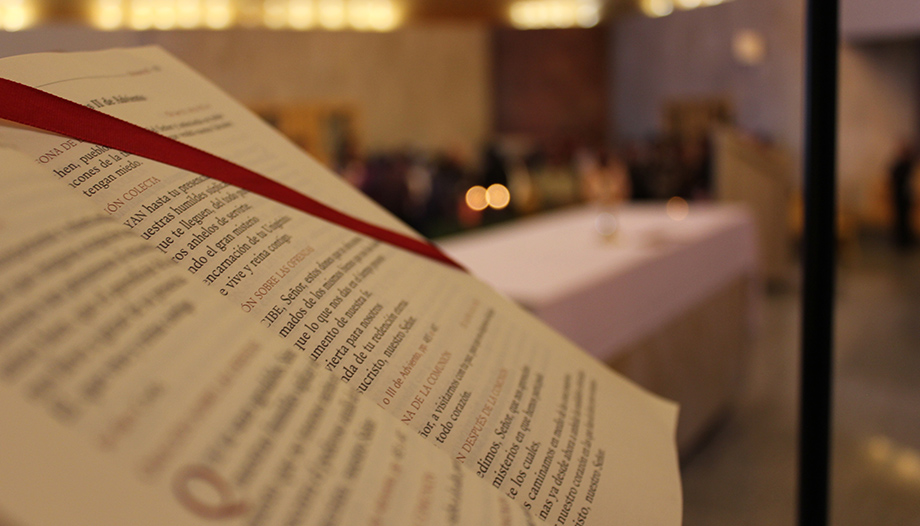Through the prophet Hosea - today's first reading - God uses dramatic language to show his inner rejection of the idea of abandoning Israel. His heart, he says, his inner self, "turns" within him: it is the verb haphakwhich means "to turn", "to overturn" or "to overthrow". Thus, Moses' rod "turned" into a serpent and the sword of the cherubim that prevented the entrance to paradise "turned every which way". Likewise, God promised Lot not to "overthrow" a certain city, that is, not to destroy it. Hence the verb can be translated as "turns" or "turns back," but, whatever the translation, it expresses an intense inner activity, a significant change of direction. There is a sense that God is wounded by the very idea of delivering Israel to destruction.
God then says that his "heart is troubled"; this last word, kamarThe same word is used to describe Joseph in Egypt "longing" for his younger brother Benjamin upon his arrival. The same word is used to describe Joseph in Egypt "longing" for his younger brother Benjamin upon his arrival.
The anthropomorphic language is intended to show the depth of God's love for Israel and his tender mercy toward it. But what in the Old Testament was only a metaphor-the spiritual God has no physical heart-becomes literal reality in Jesus. Our Lord assumes a heart of flesh. And he is not only wounded metaphorically, but actually on the Cross. Thus, today's Gospel shows us a soldier piercing his side and from the wound gushes blood and water. The evangelist John reminds us of the words of the prophet Zechariah: "...".They will look at the one they pierced".
This ties in wonderfully with today's second reading, in which St. Paul prays for the Ephesians, and for us, to "Let Christ dwell in your hearts by faith; let love be your root and your foundation."to help us to understand "the love of Christ, which transcends all knowledge". God is wounded so that we may be wounded too. When men became hard-hearted, with a heart of stone, God put on a heart of flesh so that our hearts would be softened. The very nature of love is that it seeks love in return. This wonderful feast of the Sacred Heart of Jesus speaks to us of divine love, which is so great that it longs for the love of its creature, humanity, and the love of each one of us in particular. The Heart of Christ was pierced to open in our hearts a breach of love through which He could enter them. And the water and the blood that are shed are also like a channel for us to go up to his heart.









